In Brazilian restaurants, the most prized cut of meat is called picanha and is normally barbequed, served on skewer and seasoned only with salt. Unfamiliar on this side of the world, the cut is a top sirloin with a thick cap of fat left on it.
But diners who are partial to this premium cut may be left with a bitter aftertaste given the revelations that government inspectors allegedly allowed rotten and salmonella-tainted meat products to be sold in exchange for bribes.
Given that Brazil has the second-largest herd in the world, produces 14% of the world’s beef and is the world’s largest beef exporter with 16% of global trade, it cannot afford to have a meat scandal.
So with the news that several countries moved to ban or suspend imports of Brazilian meat this week, should Brazilian farmers, processors, and indeed the government be worried? Is
Devastating for Brazilian farmers
This is devastating news for Brazilian farmers. Given the country’s competitive advantage of producing cheap feed in the form of grass, corn and soya, it is no surprise that a kilogramme of beef can be produced at one of the lowest costs in the world.
Today the country has more than doubled output with around 210m cattle
In 1973, when Ireland joined the EEC, Brazil had some 90m cattle. Today the country has more than doubled output with around 210m cattle. But contrary to the stereotype, these cattle are held on 2.7m farms so, for all its scale, the average herd size in Brazil is actually less than 80.
Each year just under 40m head are slaughtered, with as few as 13% coming from confinement systems. The herd is also much younger today than 25 years ago. Back then more than half of the male animals sent for slaughter were over 36 months old. Today less than 10% are over this age as the industry is focused on quality and consumer demand.
With consumption pretty static in the domestic market, the sector’s strategy has been to grow by trading more on global markets. Twenty years ago Brazil exported less than 200,000t of beef. By last year that had grown seven-fold to 1.4m tonnes.
Struggling Brazilian processors
Two of the world’s largest meat processors, JBS and BRF are Brazilian, and a large proportion of their business and profits come from exports. However, in recent times they have been struggling due to currency headwinds, making it more difficult to sell their meat products in foreign markets.
Despite the Brazilian government offering financial support over the years and now owning 20% of JBS, the government decided to suspend the export licences for 21 meat packing plants, including some JBS factories, in the recent scandal. The companies deny any wrongdoing.
Meanwhile, many of these processors’ largest customers, including China, Mexico, Japan and the EU, have taken varying measures to avoid importing Brazilian meat.
This led JBS to suspend production at 33 of its 36 Brazilian plants this week. With such disruption to supply from such large global players, both beef buyers and sellers will be anxious to see what the impact on beef prices may be.
Restructuring
For the past year, JBS has been trying to restructure its business to reduce its exposure to the struggling Brazilian economy and gain greater access to the international equity and debt markets.
It was to float its international business on the New York Stock Exchange and move its headquarters to Dublin. However, this plan was put on the back burner after the Brazilian Economic Development Bank (BNDES) vetoed the proposed move.
Beef is critical to an economy in recession
The beef industry has become one of the most important sectors in the country’s economy thanks to a favourable climate, frontier land development, a government-backed research agency to drive productivity increases and significant investment by the government development bank to create a large-scale and highly efficient processing sector.
A meat scandal is the last thing Brazil needs
But for a country in one of the longest and deepest recessions in its history, a meat scandal is the last thing Brazil needs. The downturn has left nearly 13m people unemployed, caused a record number of bankruptcy filings and contributed to the impeachment of former president Dilma Rousseff last year.
With agribusiness accounting for a fifth of Brazil’s total GDP and 43% of total exports, livestock farming accounts for 30% of agribusiness and 3% of everything that Brazil exports.
The sector generates around 360,000 direct jobs worth over €3bn in wages as well as thousands of jobs among inputs suppliers, using almost €2bn in domestic inputs and inputs relating to feed and animal health amounting close to €15bn.
Who eats Brazilian beef?
The domestic market consumes 80% of production, with the balance exported. Last year, Brazil exported 1.4m tonnes of beef valued at $5.5bn (€5bn) to 150 countries. The majority (78%) of this was fresh beef, with offal (14%) and processed beef (8%) making up the balance.
The UK is the seventh most important market for Brazilian beef
As few as 10 countries accounted for 80% of Brazilian beef exports, with China (including Hong Kong) and Egypt accounting for 50% alone. For a number of years now, China has been the largest buyer of Brazilian beef. It bought 500,000t in 2016, which accounted for 35% of Brazilian beef exports.
The UK is the seventh most important market for Brazilian beef, buying 31,000t last year. The US bought 33,000t, placing in sixth position. Other important markets include Russia (139,000t), Iran (94,000t), Chile (76,000t), Italy (30,000t), Netherlands (23,000t) and Saudi Arabia (29,000t).
So while Brazilian farmers see this as a devastating blow, it may be a positive for farmers on this side of the globe. When a player the size of Brazil has a bump in supply, it is bound to have an impact on the market. Whether this plays out and improves prices in the near term remains to be seen. However, we cannot sit on our laurels and point the finger at a scandal in Brazil.
It is not so long ago since the European meat industry suffered the horsemeat scandal. Quality and standards are critical to the integrity of the meat supply chain no matter what part of the world it is produced in and must remain to the fore.
Read more
Brazil meat scandal: full coverage
In Brazilian restaurants, the most prized cut of meat is called picanha and is normally barbequed, served on skewer and seasoned only with salt. Unfamiliar on this side of the world, the cut is a top sirloin with a thick cap of fat left on it.
But diners who are partial to this premium cut may be left with a bitter aftertaste given the revelations that government inspectors allegedly allowed rotten and salmonella-tainted meat products to be sold in exchange for bribes.
Given that Brazil has the second-largest herd in the world, produces 14% of the world’s beef and is the world’s largest beef exporter with 16% of global trade, it cannot afford to have a meat scandal.
So with the news that several countries moved to ban or suspend imports of Brazilian meat this week, should Brazilian farmers, processors, and indeed the government be worried? Is
Devastating for Brazilian farmers
This is devastating news for Brazilian farmers. Given the country’s competitive advantage of producing cheap feed in the form of grass, corn and soya, it is no surprise that a kilogramme of beef can be produced at one of the lowest costs in the world.
Today the country has more than doubled output with around 210m cattle
In 1973, when Ireland joined the EEC, Brazil had some 90m cattle. Today the country has more than doubled output with around 210m cattle. But contrary to the stereotype, these cattle are held on 2.7m farms so, for all its scale, the average herd size in Brazil is actually less than 80.
Each year just under 40m head are slaughtered, with as few as 13% coming from confinement systems. The herd is also much younger today than 25 years ago. Back then more than half of the male animals sent for slaughter were over 36 months old. Today less than 10% are over this age as the industry is focused on quality and consumer demand.
With consumption pretty static in the domestic market, the sector’s strategy has been to grow by trading more on global markets. Twenty years ago Brazil exported less than 200,000t of beef. By last year that had grown seven-fold to 1.4m tonnes.
Struggling Brazilian processors
Two of the world’s largest meat processors, JBS and BRF are Brazilian, and a large proportion of their business and profits come from exports. However, in recent times they have been struggling due to currency headwinds, making it more difficult to sell their meat products in foreign markets.
Despite the Brazilian government offering financial support over the years and now owning 20% of JBS, the government decided to suspend the export licences for 21 meat packing plants, including some JBS factories, in the recent scandal. The companies deny any wrongdoing.
Meanwhile, many of these processors’ largest customers, including China, Mexico, Japan and the EU, have taken varying measures to avoid importing Brazilian meat.
This led JBS to suspend production at 33 of its 36 Brazilian plants this week. With such disruption to supply from such large global players, both beef buyers and sellers will be anxious to see what the impact on beef prices may be.
Restructuring
For the past year, JBS has been trying to restructure its business to reduce its exposure to the struggling Brazilian economy and gain greater access to the international equity and debt markets.
It was to float its international business on the New York Stock Exchange and move its headquarters to Dublin. However, this plan was put on the back burner after the Brazilian Economic Development Bank (BNDES) vetoed the proposed move.
Beef is critical to an economy in recession
The beef industry has become one of the most important sectors in the country’s economy thanks to a favourable climate, frontier land development, a government-backed research agency to drive productivity increases and significant investment by the government development bank to create a large-scale and highly efficient processing sector.
A meat scandal is the last thing Brazil needs
But for a country in one of the longest and deepest recessions in its history, a meat scandal is the last thing Brazil needs. The downturn has left nearly 13m people unemployed, caused a record number of bankruptcy filings and contributed to the impeachment of former president Dilma Rousseff last year.
With agribusiness accounting for a fifth of Brazil’s total GDP and 43% of total exports, livestock farming accounts for 30% of agribusiness and 3% of everything that Brazil exports.
The sector generates around 360,000 direct jobs worth over €3bn in wages as well as thousands of jobs among inputs suppliers, using almost €2bn in domestic inputs and inputs relating to feed and animal health amounting close to €15bn.
Who eats Brazilian beef?
The domestic market consumes 80% of production, with the balance exported. Last year, Brazil exported 1.4m tonnes of beef valued at $5.5bn (€5bn) to 150 countries. The majority (78%) of this was fresh beef, with offal (14%) and processed beef (8%) making up the balance.
The UK is the seventh most important market for Brazilian beef
As few as 10 countries accounted for 80% of Brazilian beef exports, with China (including Hong Kong) and Egypt accounting for 50% alone. For a number of years now, China has been the largest buyer of Brazilian beef. It bought 500,000t in 2016, which accounted for 35% of Brazilian beef exports.
The UK is the seventh most important market for Brazilian beef, buying 31,000t last year. The US bought 33,000t, placing in sixth position. Other important markets include Russia (139,000t), Iran (94,000t), Chile (76,000t), Italy (30,000t), Netherlands (23,000t) and Saudi Arabia (29,000t).
So while Brazilian farmers see this as a devastating blow, it may be a positive for farmers on this side of the globe. When a player the size of Brazil has a bump in supply, it is bound to have an impact on the market. Whether this plays out and improves prices in the near term remains to be seen. However, we cannot sit on our laurels and point the finger at a scandal in Brazil.
It is not so long ago since the European meat industry suffered the horsemeat scandal. Quality and standards are critical to the integrity of the meat supply chain no matter what part of the world it is produced in and must remain to the fore.
Read more
Brazil meat scandal: full coverage




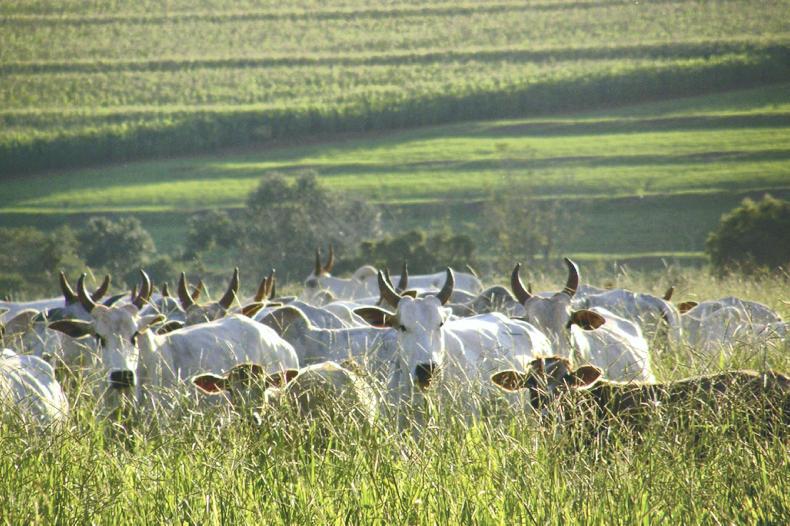
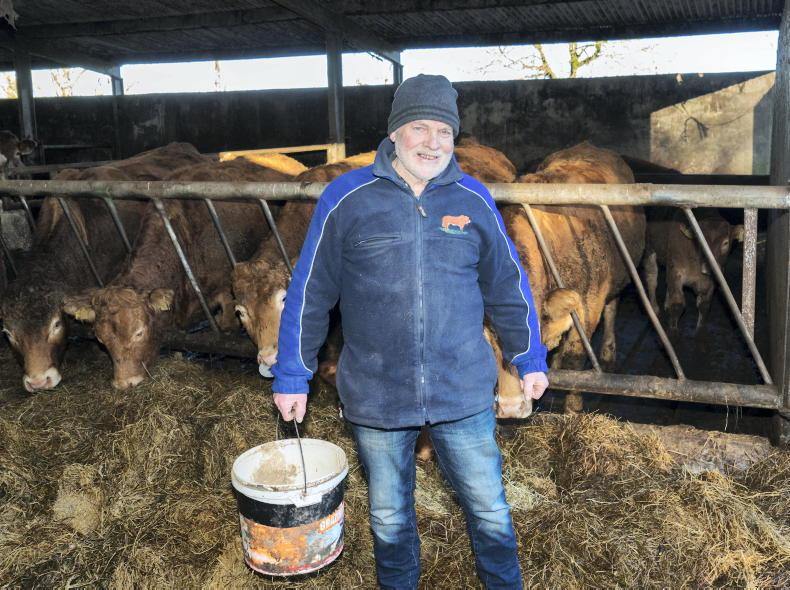
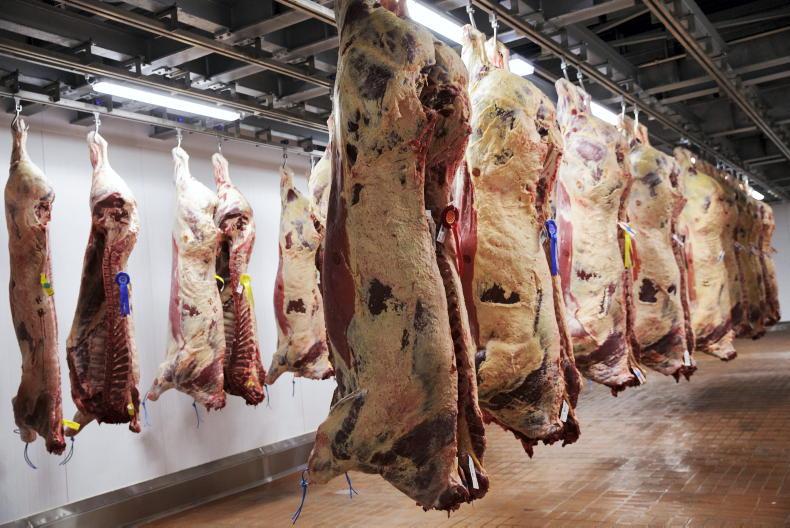
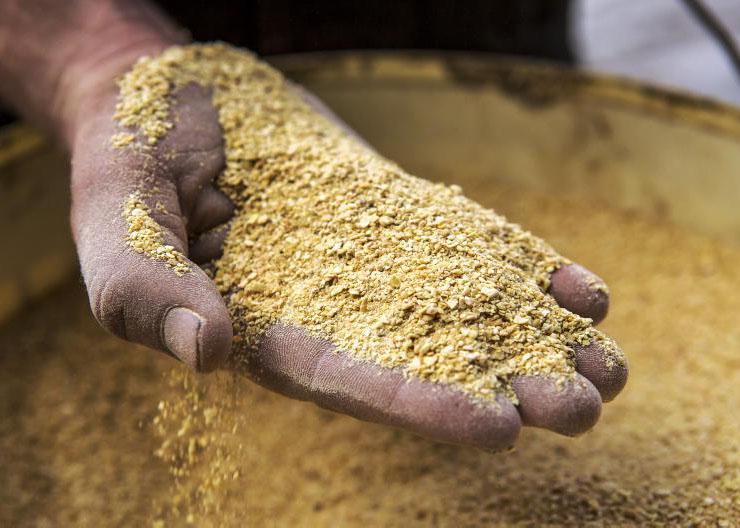
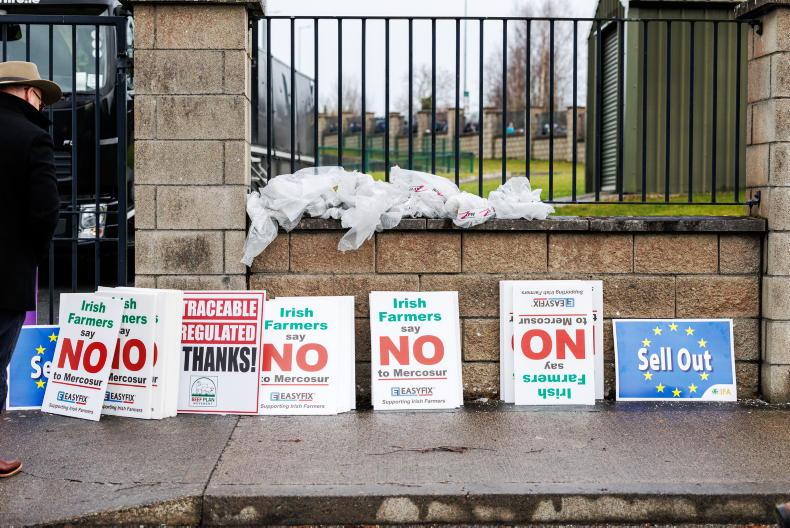
SHARING OPTIONS